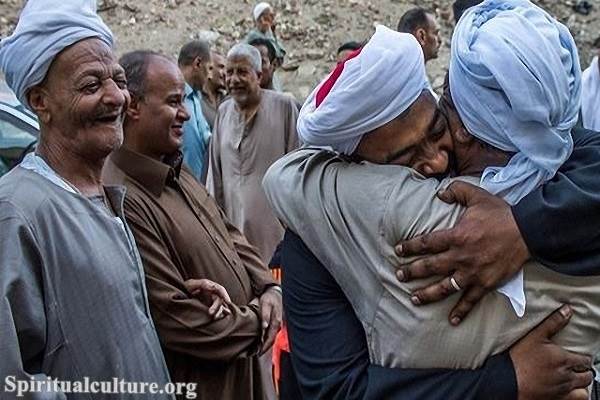However, it is essential to understand that these two terms represent different aspects of the same religion. This article aims to clarify the distinction between Islam vs Muslim, shedding light on the nuances that differentiate these two terms.
Islam
Islam is a monotheistic religion that originated in the 7th century CE in Mecca, a city in present-day Saudi Arabia. The term “Islam” is derived from the Arabic word “Salam,” which means peace. However, in the religious context, Islam translates to “submission,” indicating submission to the will of God, known as Allah in Arabic.
Islam is based on the teachings of the Prophet Muhammad, who Muslims believe was the last prophet sent by God. The teachings and sayings of Prophet Muhammad, along with the revelations he received from God, are compiled in the Quran, the holy book of Islam.
Islam is built on five pillars: Shahada (faith), Salat (prayer), Zakat (charity), Sawm (fasting during Ramadan), and Hajj (pilgrimage to Mecca). These pillars form the foundation of a Muslim’s life and are considered obligatory for all followers.
Islam promotes a comprehensive way of life based on moral and ethical principles. It guides its followers in all aspects of life, including social, economic, political, and personal matters. It encourages peace, compassion, and justice, and strongly condemns violence and oppression.
Muslim
While Islam refers to the religion itself, a Muslim is an individual who follows the religion of Islam. The term “Muslim” means “one who submits,” referring to the submission to the will of God. Therefore, a Muslim is a person who believes in the teachings of Islam and strives to live according to its principles.
There are approximately 1.8 billion Muslims worldwide, making Islam the second-largest religion globally. Muslims are a diverse group, representing various ethnic, cultural, and geographical backgrounds. Despite this diversity, all Muslims share a common belief in the oneness of God and the prophethood of Muhammad.
Muslims are expected to live according to the five pillars of Islam. They are required to profess their faith (Shahada), pray five times a day (Salat), give to the needy (Zakat), fast during the holy month of Ramadan (Sawm), and if financially and physically able, make a pilgrimage to Mecca (Hajj).
Conclusion: Islam vs Muslim
In conclusion, the distinction between Islam and Muslim is clear. Islam refers to the religion, a comprehensive system of beliefs and practices, while a Muslim is an individual who adheres to the religion of Islam. Understanding this distinction is crucial for a nuanced and respectful conversation about the religion and its followers.
While the terms Islam and Muslim are interconnected, they are not interchangeable. They represent different aspects of the same faith. Islam is the path, and Muslims are the followers of that path. By understanding the difference between Islam vs Muslim, we can foster a more informed and respectful dialogue about one of the world’s major religions.



